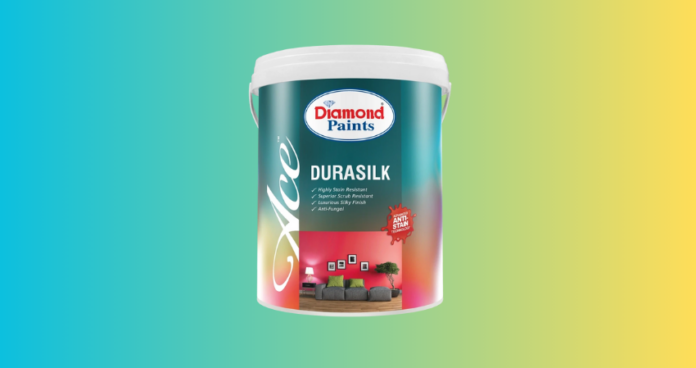The Competition Commission of Pakistan (CCP) has taken decisive action against M/s Diamond Paint Industries (Pvt) Ltd., imposing a penalty of PKR 5 million for violating Section 10 of the Competition Act, 2010, which prohibits deceptive marketing practices.
The CCP said in its statement that a bench, led by the Chairman Dr Kabir Ahmed Sidhu and Member Mr Salman Amin, issued an order in response to a complaint filed by Nippon Paint Pakistan (Pvt) Ltd against Diamond Paint’s marketing campaign for its product ‘Durasilk’ run on various television channels.
This was the third occasion concerns were raised about the omission of material information in Television Commercials (TVC) by paint manufacturers. The investigation found that Diamond Paint, despite including disclaimers on its packaging and shade cards, does not disclose the presence and value of redeemable tokens in its paint buckets in its television commercials, thereby exploiting consumer rights by making partial disclosures on its packaging.
Transparency in advertising is crucial for informed consumer decisions, as TVCs often serve as the first point of contact between consumers and a product. The CCP’s Paint Order 2012 explicitly mandated that the inclusion of a token without proper disclosure would be deemed to have lacking a reasonable basis with regards to prices, and thus falling under Section 10(2)(b) of the Act.
Moreover, the CCP conducted a study in the entire paint industry to ascertain compliance with its 2012 order.
The CCP bench emphasized that proper disclosure of tokens is critical for customers. Marketing techniques that include redeemable coupons have a substantial impact on customer purchasing decisions.
The order ruled that M/s Diamond Paint Limited failed to give consumers all of the information they needed to make informed purchasing decisions and thus violated the earlier directives on the use of redeemable tokens and Section 10 of the CCP Act.




